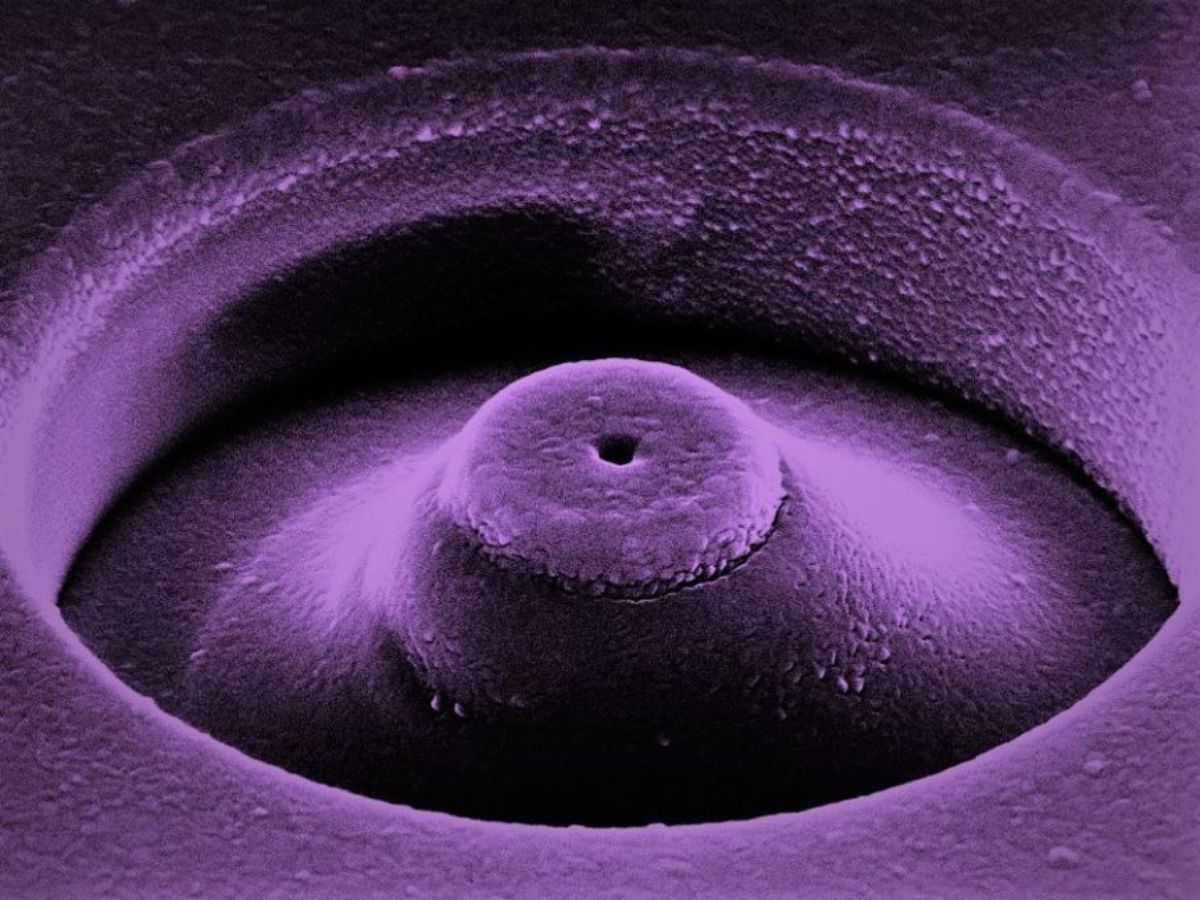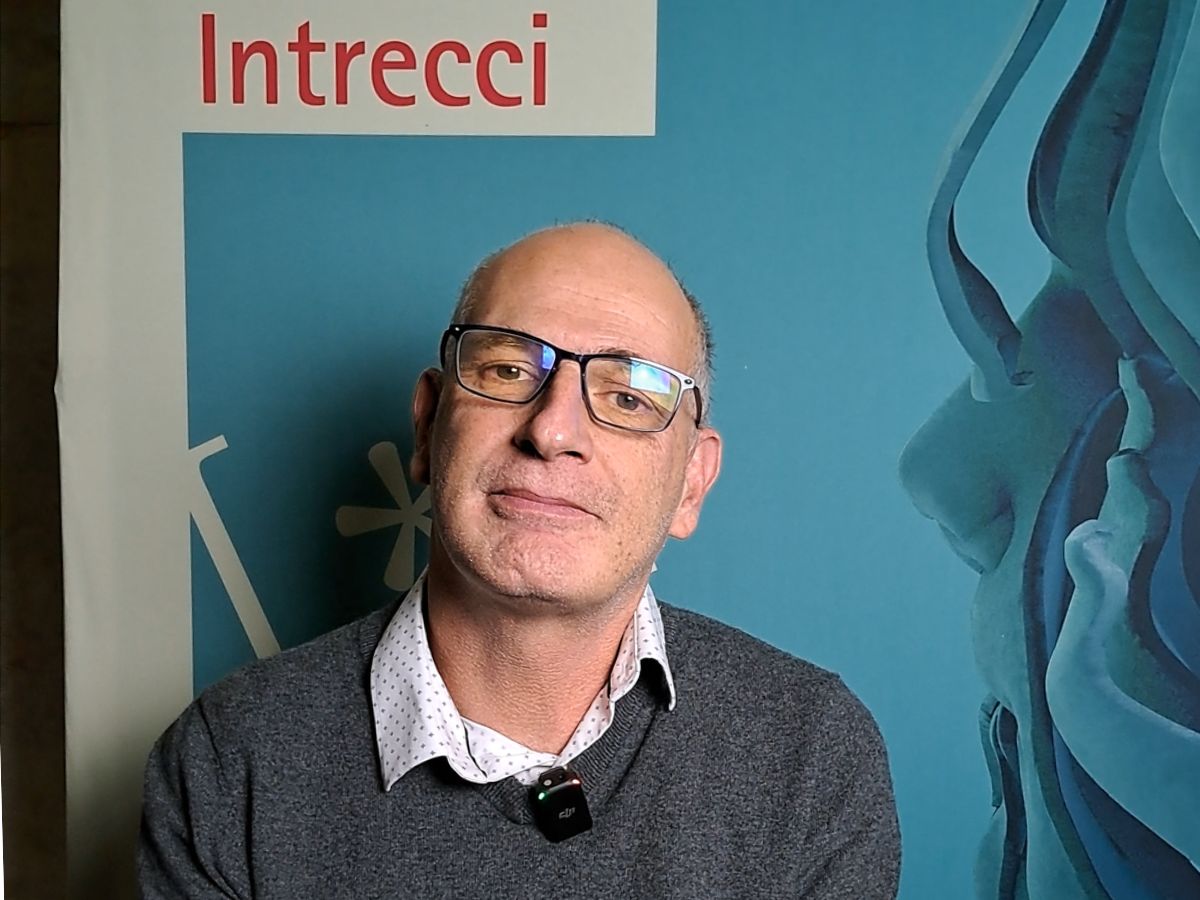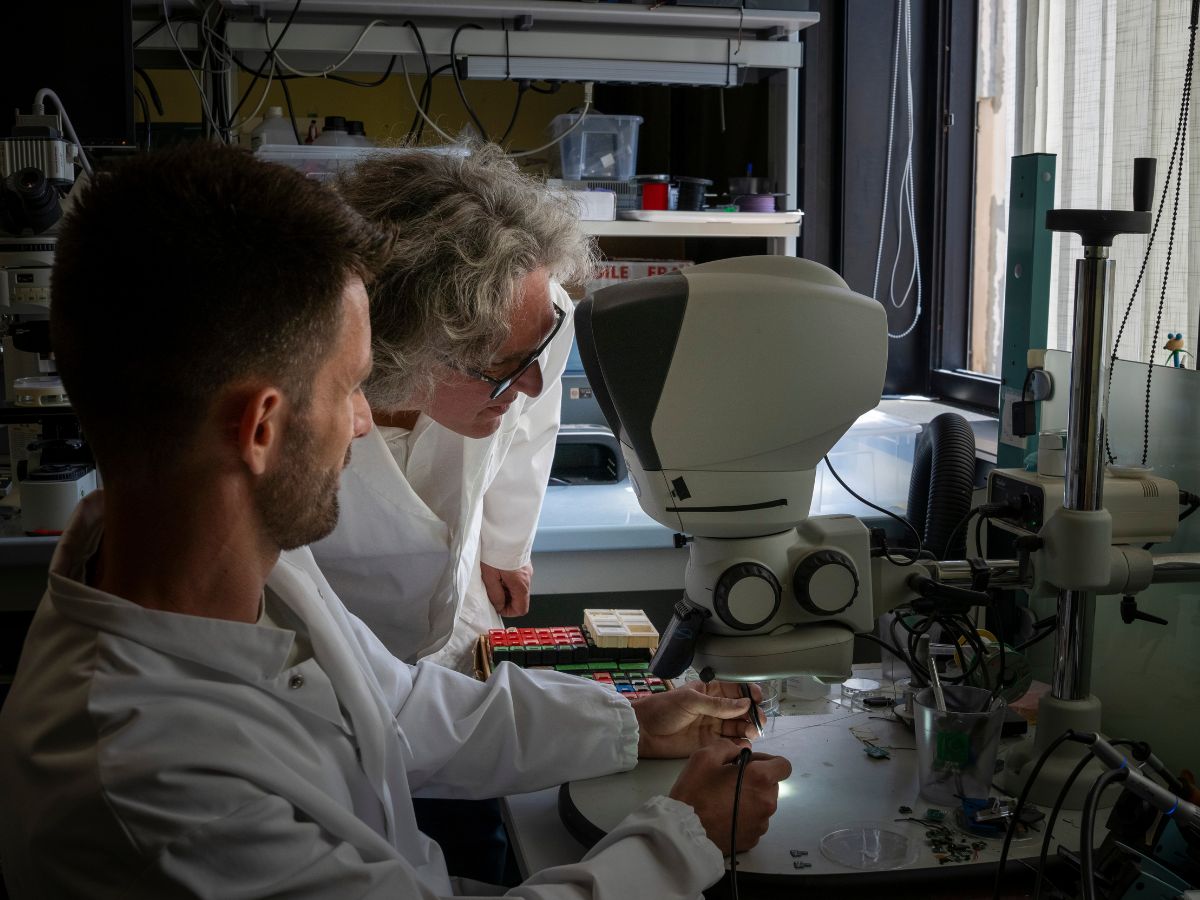A training network among 9 world-leading academic and industrial groups in Europe and coordinated by IIT, to educate 11 PhD students coming from all over the world in the areas of nanoscience, photonics and nanotechnology
Their common goal is developing a next-generation technology able to explore the molecular structures of molecules, in particular exploring the DNA and protein sequences. This is Dynamo, a MSCA Doctoral Network that has started at the end of 2022 and will last for 4 years.
The idea is “to have access to each building block of biomolecules (nucleic acid for DNA and amino-acids for proteins), so that we can read humans as book, and predict future diseases”, as one of the young MSCA fellow explained some weeks ago during the last workshop planned by the coordinators to provide them with soft skills training, such as communication. DYNAMO periodically organises training days (delivered virtually and/or in person): these include, for example, the school on Nano-plasmonics and its applications that was held online last April, and the Joint Lecture of EU Marie-Curie-Network DYNAMO and b-ACTmatter that was held in Leipzig on September.
Dynamo project is coordinated by Denis Garoli (University of Modena and Reggio Emilia and IIT) and by Roman Krahne of the Optoelectronics group at IIT, and its focus is the identification of a new sensing technology based on nanopores which combines enhanced optical spectroscopies, (magneto)plasmonics and DNA nanotechnology. Nanopore sensing technologies are fundamental for detecting and controlling single molecules at biological level.
“We want to train our students on the multidisciplinary research field that will pave the way to fascinating new discoveries into the fundamental structures of biomolecules and the interaction forces among them” – explains Denis Garoli, associate professor in Modena and researchers at IIT and coordinator of the project.
The next-generation hybrid nanopore technology will offer unprecedented functionality and single-molecule control, enabling the capture and manipulation of single molecules within solid-state nanopores in ways previously unattainable.
The project brings together a unique team of experts at the forefront of nanoscience and single molecule sensing and manipulation, and a high-tech company, which will help to translate the achieved scientific innovations into real-world applications.
The DYNAMO network includes: IIT (Italy), University of Cambridge (UK), CIC NanoGUNE(Spain), CNRS-Institute Fresnel (France), TUDelft (Holland), University of Milano Bicocca (Italy), Elements srl (Italy), Hubolt University Berlin (Germany) and Leipzig University (Germany).
Project website: https://dynamo-nanopores.eu/





